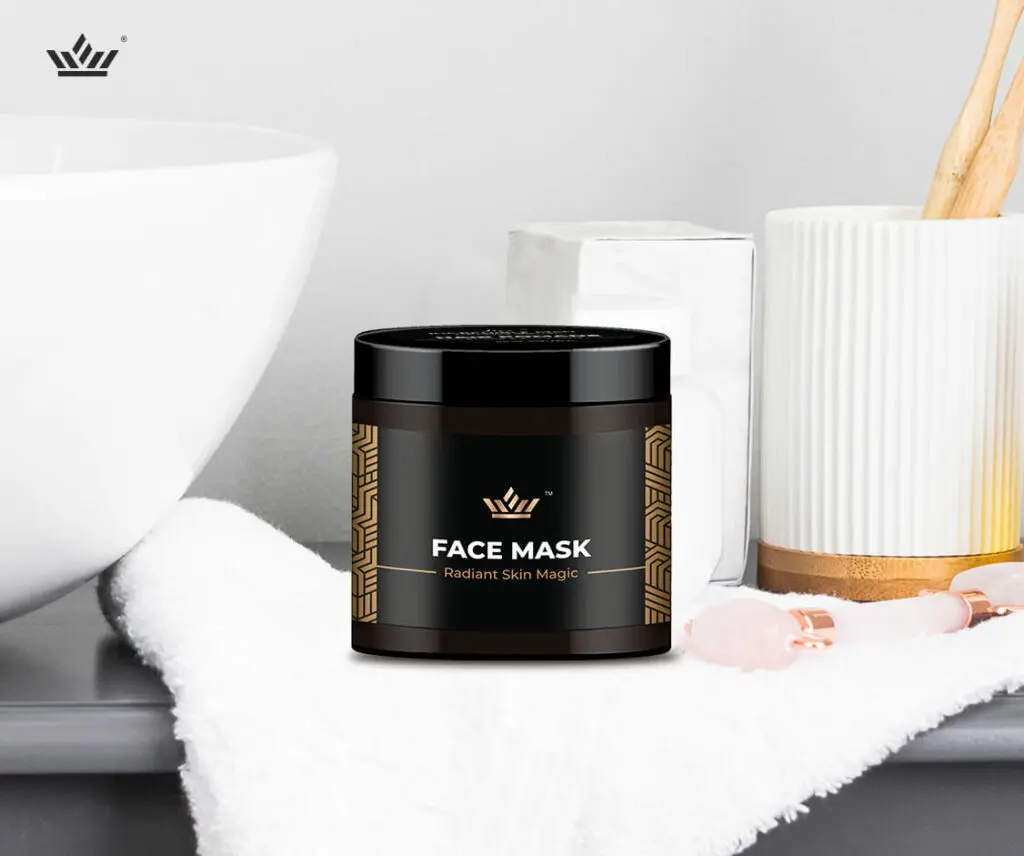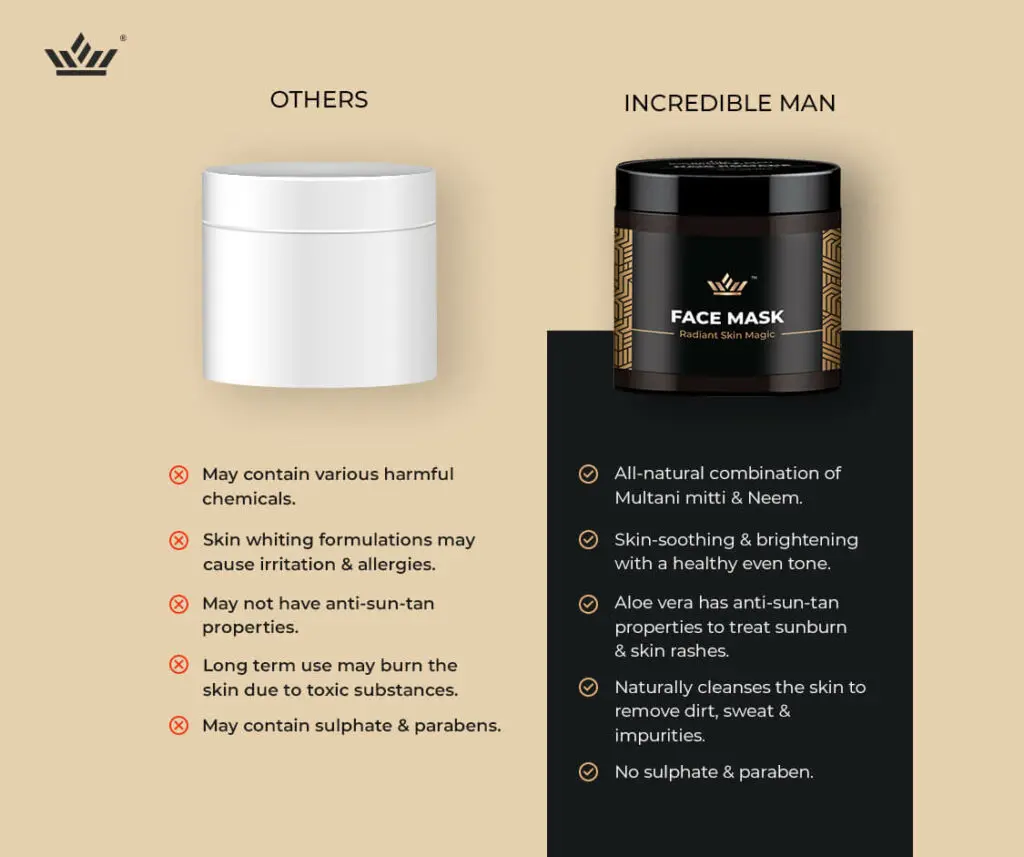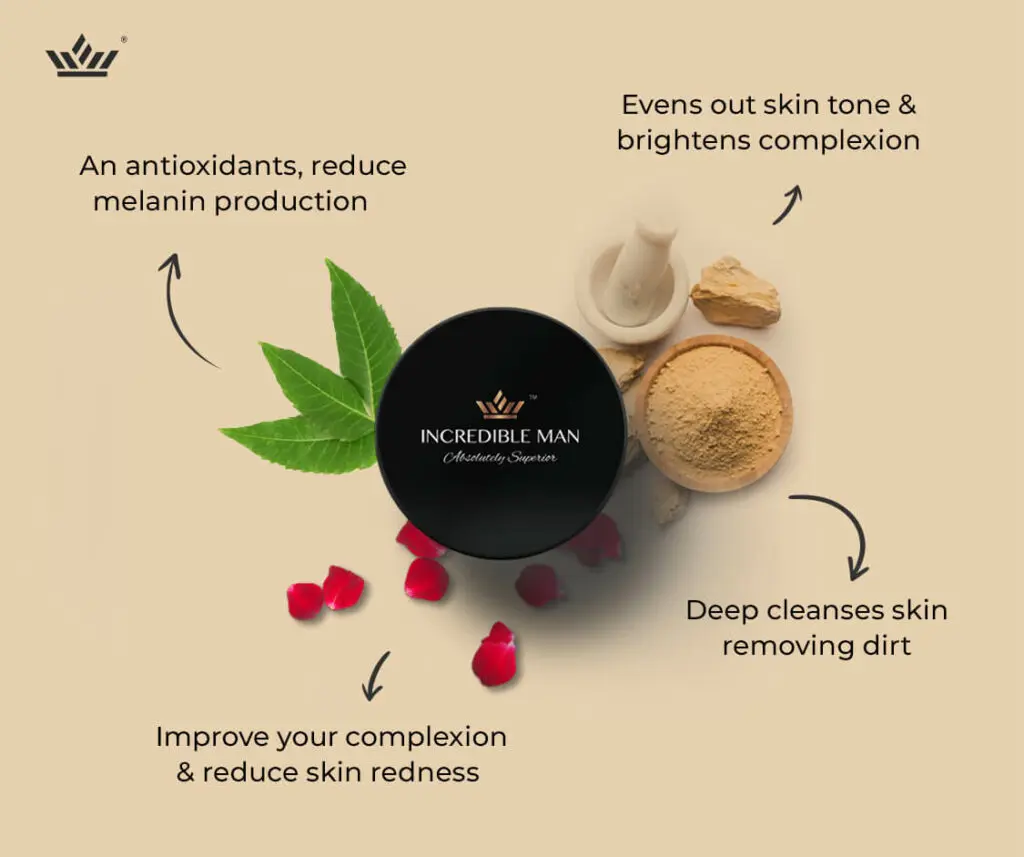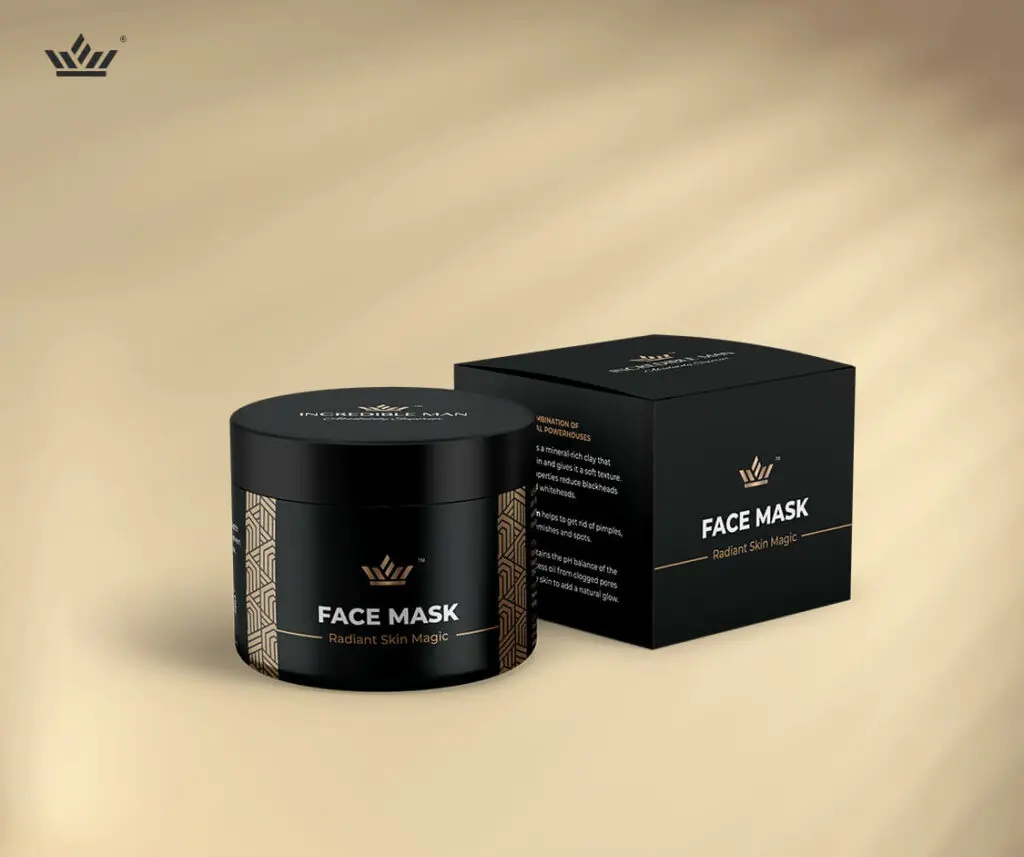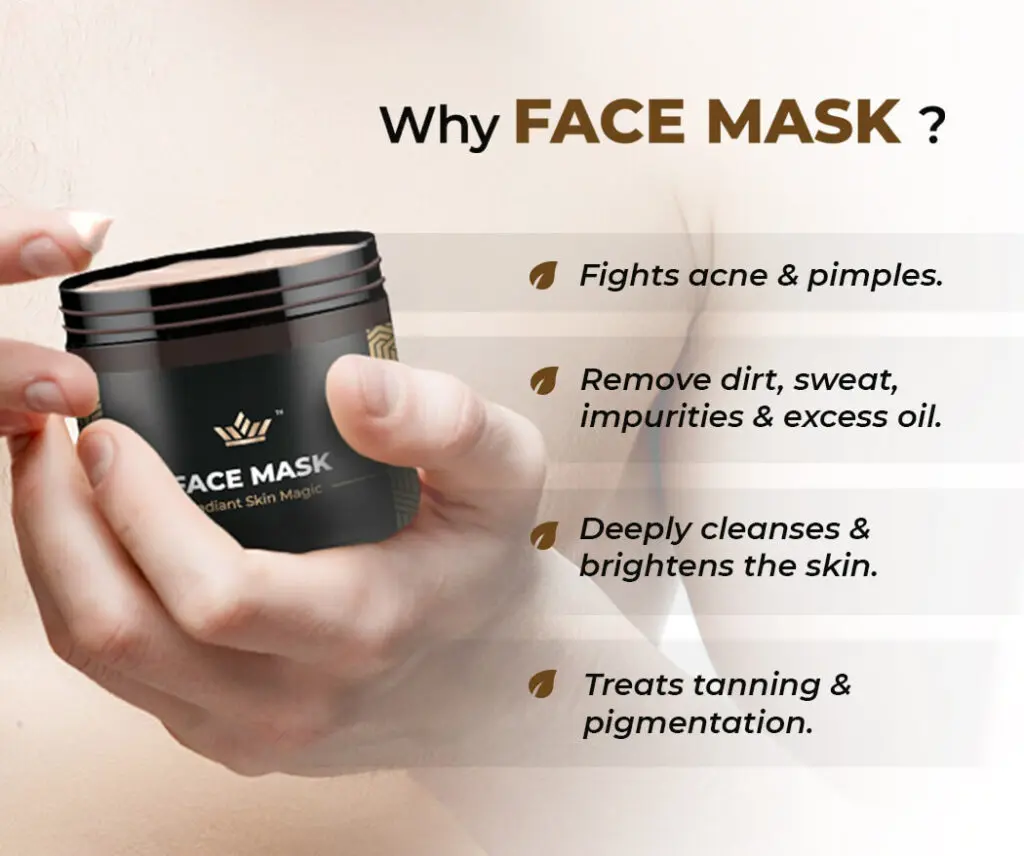Starting a skin care regimen is only the beginning. Many people go through their daily and weekly routines while using products they purchased many years ago or treating each of the four seasons equally when it comes to skincare. There are many more below, but those are only two of the most typical skincare blunders individuals make. Maybe a couple of these apply to you? It’s not too late to turn things around and get better skin throughout the long and near term.
1. Applying Comedogenic Ingredients (Especially If You’re Acne Prone)
This is only another way of saying “clog your pores.” It’s one thing to hunt for oil-free products if you have acne or particularly oily skin. Go one step further and search for non-comedogenic (pore-clogging) products to make up for any ingredient exclusions. Unfortunately, the majority of companies won’t advertise their goods in this way, although they might inform you that they’re made for skin that tends to break out. Algae extract, cocoa butter, coconut oil, and lauric acid are just a few examples of substances that are highly or severely comedogenic in skincare products. They do, indeed, provide nourishing and anti-ageing effects, but you may obtain those advantages from a number of components without clogging your pores.
2. Not Layering Hyaluronic Acid
Hyaluronic acid is a powerful moisturizer that is deserving of all the accolades it gets. By drawing moisture from the atmosphere, it can hold up to 1000 times its own weight in water. (It is also incredibly moisturizing on its own.) Hyaluronic acid should be used throughout the winter, but if you do, keep this in mind: Always use a moisturizer afterwards to trap the substance inside the skin’s barrier. If you don’t, as well as if you’re in a dry, chilly atmosphere, hyaluronic acid seeks moisture from the skin’s inside rather than from the surface. This further reduces moisture levels, leaving your skin even drier than before. Always use a moisturizer over your serums; this is especially important in arid locations where the absence of humidity can have an adverse effect on the skin.
3. Storing Your Products Improperly
We’re not going to propose that you keep all of your skincare goods in a separate tiny fridge. (Even though this exists!) But we also won’t advise storing your goods somewhere that’s too warm or too wet (the latter particularly applies to things like razors, trimmers, scissors, combs, tweezers, etc). The majority of items are fine throughout the year in the range of naturally cold and mild temperatures, but if they are exposed to direct sunlight on a hot day, they can quickly heat up and lose their functionality. When you’re travelling, it might be more difficult to think about temperature regulation, but you should pay close attention to active components like vitamin C, retinol on prescription, antioxidants, and UV filters.
4. Letting Products Go Stale
Products for skin care don’t last forever. You’ll often notice an expiration date, but this isn’t always the case. Some items, when kept sealed, can survive for years, while others lose their potency much more quickly after you use them. Instead, pay attention to the amount of time that has passed since you opened the product and exposed it to oxygen or light. (Search for the little jar emblem on the side of any product; the number within the jar denotes how long the product keeps its powers following the initial lid-popping.) Typically, if your product contains components that are sensitive to light or oxygen, the product design will reflect this (by keeping air and light out). Neem Face Pack is an effective cure for sun tanning or sunburn.
5. Over Exfoliating
Many of us over-exfoliate by using physically exfoliating scrubs and chemical-powered serums on a daily basis in an effort to get clean, smooth, bright skin (or even more frequently). The fact is that your skin doesn’t regenerate quickly enough to withstand frequent polishing. Before you start peeling or scrubbing away your skin cells, you must give them time to live their brief lives; otherwise, you risk leaving behind no baby cells, leaving you with inflamed, irritated skin. Exfoliation should be reduced to a once- or twice-weekly cycle at first, and then increased to a maximum of three times per week, but only if you use softer formulae.
6. Getting Complacent Once You See Results
Skincare is a long-term endeavour, and seeing benefits may need many months of consistent application. This is especially true for anti-aging and resurfacing regimes that focus on retinol, acne treatments, dark spot removal, and similar procedures. Skin must be gradually conditioned to these powerful chemicals before it can completely “flip over” to show a clearer complexion. However, regardless of the items you’re taking, in order to preserve results, you usually need to keep using them (or take equivalent preventative precautions). You’ll go back to your pre-retinol skin in a matter of weeks if you reach day 90 of using retinol and think, “Wonderful, all done, my skin looks great!” before stopping. A routine should be a continuing commitment that includes any required alterations along the way. Without perseverance and continual patience, it is uncommon to completely eradicate a hereditary, environmental, or age-related disease. A deep cleansing orange face wash gel that will work for both; it will cleanse plus illuminate your skin.
7. Sleeping Carelessly
Ideally, you already have a reliable night cream and skincare routine before bed. But if your sleeping environment is poor, it’s all in vain. Speaking about dirty pillowcases and a too chilly, dry environment, all of these conditions may be quite damaging to the skin. In order to keep skin from drying out and developing breakouts throughout the winter, add moisture to the air by using a humidifier. To avoid bacterial and product accumulation inside the pores—and therefore, blemishes—keep your hair and pillowcases clean.
In general, using serum before moisturizer is ideal. This increases the serum’s active components’ potential for effectiveness. Otherwise, the components of the products and the person’s objectives will determine the optimal sequence and time of day for a skin care programme.
Washing your face frequently during the day might aggravate your skin and lead to outbreaks of acne.
It is silicone, as has been said. It’s in most creams. It makes your skin feel incredibly smooth, yet it can be removed like a thin coating of plastic (really, silicone).



